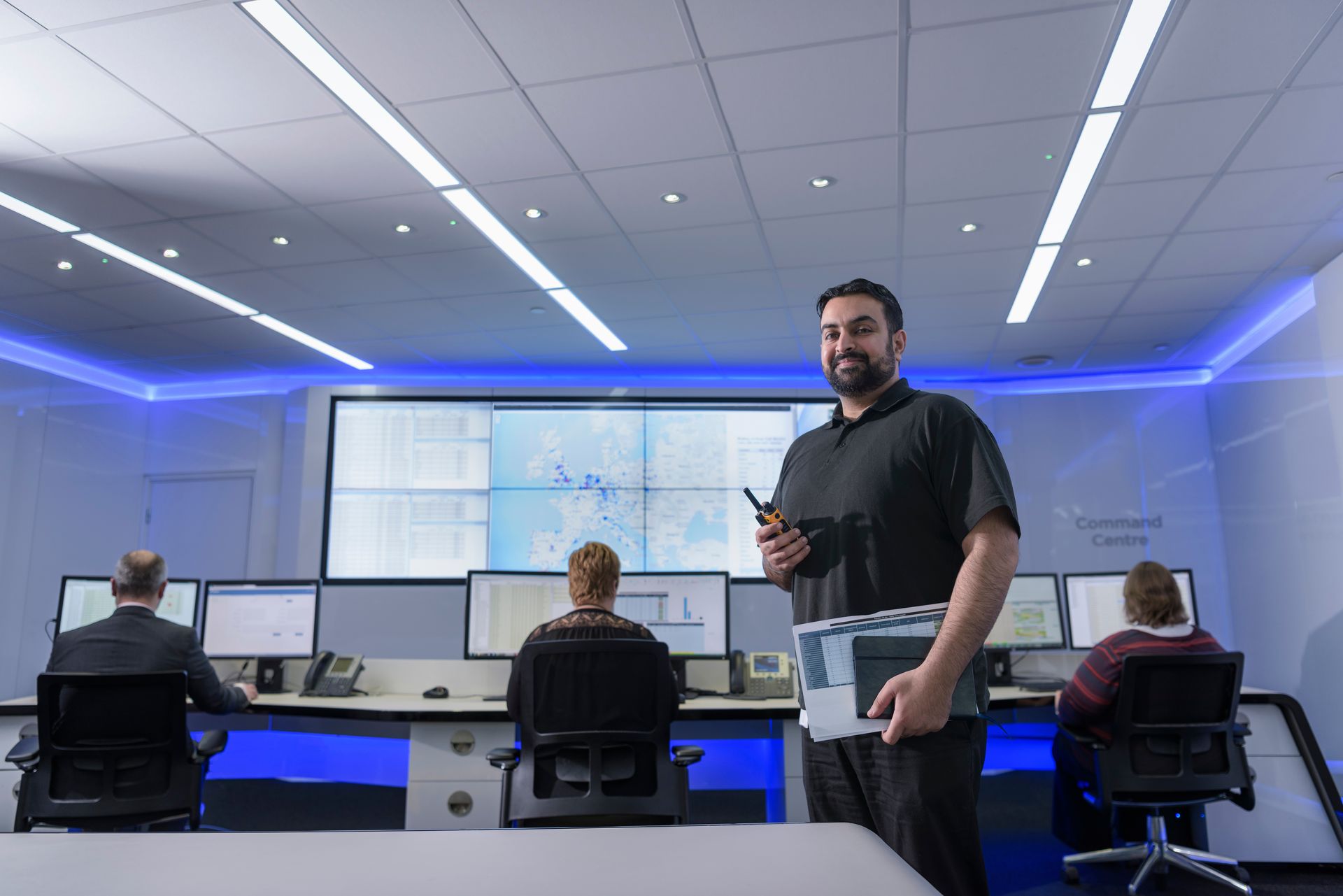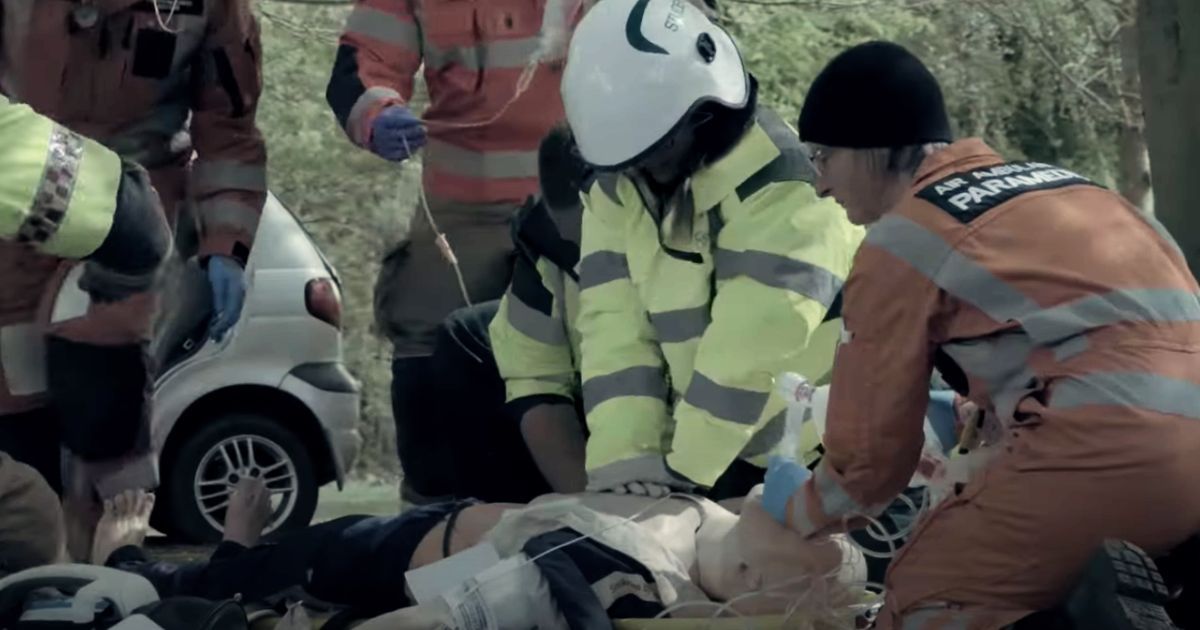Enhancing Emergency Preparedness: A Comprehensive Course Overview
Explore our new course designed to meet the National Occupational Standards and NHS EPRR Framework. Learn about interoperable, decision-making, and log-keeping through virtual and face-to-face training.
In today’s rapidly evolving emergency services, being well-prepared and thoroughly trained is more crucial than ever. Responding effectively to incidents demands not only bravery and dedication but also a deep understanding of interoperability principles, best practices, and legislative frameworks. To address these needs, an innovative qualification has been meticulously developed to align with the National Occupational Standards and the NHS Emergency Preparedness, Resilience, and Response (EPRR) Framework. This course is designed to equip learners with the critical skills and knowledge required to excel in emergency management and response roles.
Course Structure: A Dynamic Approach to Learning
The course unfolds in two distinct phases: online theoretical instruction followed by practical, face-to-face sessions. This blended approach ensures that learners gain a comprehensive understanding of the material in a flexible, interactive environment before applying their knowledge in more hands-on settings.
Virtual Learning Environment
The journey begins in TIQN’s Virtual Learning Environment, an online education tool where learners engage with a variety of theoretical concepts central to emergency services work. This platform allows for an immersive learning experience that can be tailored to each student's pace and schedule, providing flexibility and accessibility.
Through the virtual platform, participants delve into the Joint Emergency Service Interoperability Principles (JESIP), which are crucial for ensuring that different emergency services can work together seamlessly when it matters most. Understanding these principles is vital for anyone involved in coordinated response efforts.
Additionally, the course covers industry best practices and loggist responsibilities - a key role in any significant emergency. Loggists are responsible for accurately recording incident details and decisions made, a critical function that ensures transparency and informs post-incident reviews and legal considerations.
Principles of decision-making are also a major focus of the online modules. In emergency settings, every decision counts, and making the right call under pressure can significantly affect the outcome. The course also reviews relevant legislation that impacts emergency services, ensuring that all actions taken during an incident are legally sound.
Face-to-Face Sessions
After completing the online components, learners progress to face-to-face sessions, which emphasise the practical application of the knowledge they've acquired. These sessions are designed to refine the learners' skills in completing both handwritten and digital incident and decision logs. These practical exercises simulate real-world scenarios, challenging learners to apply their theoretical knowledge in dynamic and pressured environments.
During these sessions, participants have the unique opportunity to interact with seasoned professionals and peers, further enhancing their learning through collaborative exercises and feedback. This interaction not only boosts understanding but also helps build a network of professionals who can support one another in their respective roles.
Who Should Enroll?
This course is ideal for anyone involved in emergency response, including new recruits and seasoned professionals looking to update their skills. It’s also highly beneficial for those in associated roles that require a deep understanding of emergency response protocols, such as policymakers, managerial staff, and logistical support roles.
Key Benefits of the Course
Participants will leave the course with a robust set of skills and knowledge that will enhance their effectiveness in emergencies. The course’s adherence to the National Occupational Standards and the NHS EPRR Framework ensures that the competencies developed are both relevant and highly regarded across the sector.
Moreover, the dual delivery method - combining online and practical experiences - allows learners to not only learn but also practice critical skills in a controlled, supportive environment. This approach ensures that they are not only knowledgeable but also ready to apply what they have learned in real-world situations.
Conclusion
As emergencies become increasingly complex, the demand for highly skilled emergency service personnel continues to grow. This course offers a comprehensive, structured approach to meeting these challenges head-on. By providing both theoretical knowledge and practical skills, it prepares learners to handle the demands of emergency response with confidence and expertise. Enrol today to take the next step in your professional development and make a significant impact in the field of emergency services.



